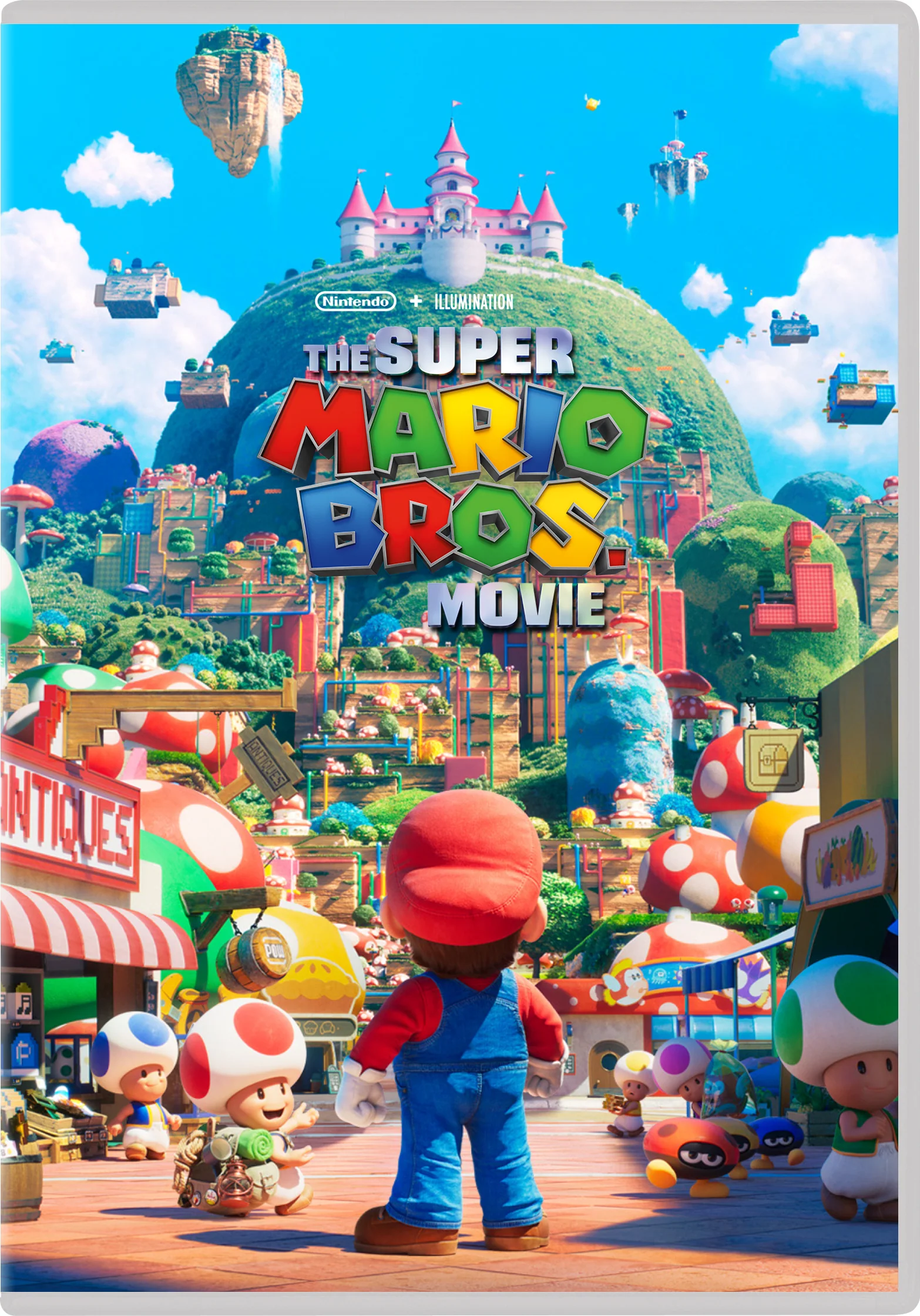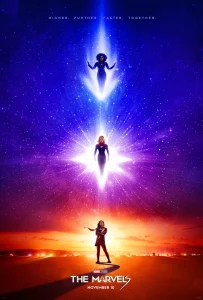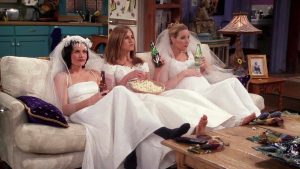

Video game films have long enjoyed a bad reputation, and for good reason. The majority of them are stinkers, including the live-action adaptation of this property from the 90s. Nintendo has been notoriously protective of its IP as a result and had long forbidden any film versions of its properties. But time changes many things, and it was only a matter of time before Nintendo would open the doors again. We’re in an era of IP-driven content, and Nintendo is finally getting a big theme park section here in America. With Illumination’s bright track-record, Nintendo handed the reigns to a Hollywood studio to adapt their most famous character: Mario.
The first attempt was disastrous for a number of reasons, including the decision to go live-action; a series of platformers with only very loose stories didn’t seem well-poised for a big-budget live-action film. The announcement of an animated version boded well, though reactions to the voice cast were varied. With the film finally here, does The Super Mario Bros. Movie redeem video game cinema and provide a great experience?
Kind of. The Super Mario Bros. Movie aims down the middle and lands in the middle. It avoids being anything too awful, though its lack of ambition is apparent and, as a result, it ends up underwhelming. Nobody is trying to hold a movie about a plumber fighting a giant fire-breathing turtle to a high dramatic standard. But the past twenty years have proven — thanks to Pixar, Studio Ghibli, Laika, and other studios — that an animated film doesn’t need to target the lowest common denominator to appeal to children. That Mario doesn’t strive for better, when even Illumination occasionally has, is disappointing.

Beginning with Mario and Luigi as Brooklyn-resident plumbers, the film shows a brief review of their life in New York, including showing an entire family down on its luck. The brothers have just opened their own business, but they have no customers and are constantly mocked. However, our time in the “real world” is so brief before they find a fantastical world via a green sewer pipe that one has to wonder why the script even bothered.
Not that the rest of the film has much more to recommend it. It mildly explores themes of Mario and Luigi being brothers, fighting to be heroes, and more, but all at such a surface level that none of it really makes an impact. It’s obvious that the main goal is to be funny and tell jokes that appeal to children, and as a result we get comical montages of Mario trying to platform and failing. It’s a nice homage to the many falls that one suffers while playing a typical Mario game, but this broad, slapstick humor comprises most of the movie’s runtime. Other events proceed in a predictable way as Mario and Peach team up to stop Bowser, despite the film never really defining Bowser’s goals to the heroes themselves.
There are occasionally amusing moments. Jack Black devours the role of Bowser, making him a comical sort of villain that feels aligned with the game series. He even sings a few songs, which lets Black showcases his talents. There are a few gags here and there that are funny as well, including a brief allusion to Luigi’s Mansion when Luigi first arrives in the magic world and has to deal with Dry Bones and Shy Guys (though sadly no Boos).
There are other bright spots as well. Though Chris Pratt doesn’t go for an overtly Italian voice, the Italian-American New Yorker voice probably works better than any other choice. It never feels offensive, at least. Anya Taylor-Joy and Charlie Day are passable as Peach and Luigi, respectively. Keegan Michael-Key‘s turn as Toad is also amusing. A Luma character is hilariously nihilistic, though one has to wonder how well that humor plays for the intended audience of young children.
Seth Rogen‘s Donkey Kong is predictably annoying, and his character is so poorly written that the attempted “bully gone good” arc just falls flat on its face. Despite the film’s attempts to empower Peach as more than a damsel in distress, Rogen’s DK bullies Mario for thinking that Peach might like him, and Peach makes no comment, basically robbing the only major female character of any autonomy as well as grating the audience’s nerves. This is line with the film’s overall lack of ambition and willingness to go for the dumber, broader choice most of the time.

The Super Mario Bros. Movie has plenty to like. It works in touchstones like Mario Kart and an abundance of other Nintendo references (the DK Rap, Duck Hunt, and Kid Icarus all make appearances). It has a score that uses classic Mario video game themes. There’s lots of Mario lore (fans of the games will see many minions they’ve hopped on). To do all of that in about 90 minutes is impressive, and it never overstays its welcome. But an abundance of wrong choices, such as weirdly using “Take on Me” and “Thunderstruck” as needle drops, combined with a lack of depth to the characters and mostly no plot, bring it down. The movie has already made a ton of money, and it likely heralds a coming era of animated Nintendo films. That’s arguably welcome, but Nintendo deserves better.



